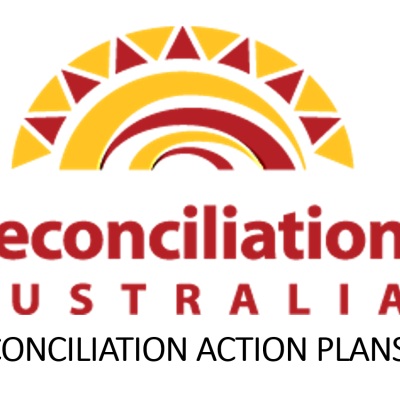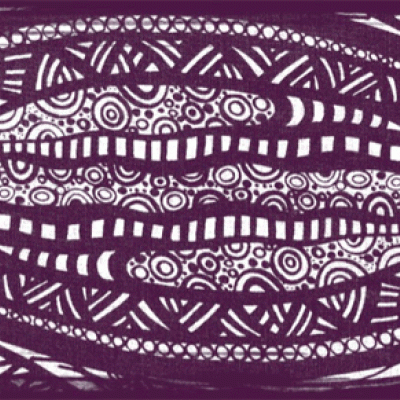Refine results
-
14 December 2012Book page
Chapter 1: A cause for cautious optimism: The year in review - Social Justice Report 2011
Social Justice Report 2011 Back to Contents Chapter 1: A cause for cautious optimism: The year in review 1.1 Introduciton 1.2 Follow up from the Social Justice Report 2010 1.3 The Declaration 1.4 Giving full effect to the Declaration 1.5 Conclusion and Recommendations 1.1 Introduction As I reflect on the events that have taken place during the reporting period from 1 July 2010 to 30 June… -
Aboriginal and Torres Strait Islander Social Justice9 April 2013Project

Reconciliation Action Plan 2012
Reconciliation is important to the Australian Human Rights Commission. First it enables us to build the cultural diversity of our organisation so we are better placed to empower Aboriginal and Torres Strait Islander peoples to understand and exercise their human rights; secondly as it is appropriate for us to model the importance of understanding and respect for the rights of Aboriginal and… -
14 December 2012Book page
Chapter 2: Constitutional reform: Creating a nation for all of us - Social Justice Report 2010
Social Justice Report 2010 Back to Contents Chapter 2: Constitutional reform: Creating a nation for all of us 2.1 Introduction 2.2 Why does Australia as a nation need to recognise Aboriginal and Torres Strait Islander peoples in the Constitution? 2.3 What could reform look like? 2.4 What are the next steps to a successful referendum? 2.5 Conclusion 2.1 Introduction A century ago, the… -
Aboriginal and Torres Strait Islander Social Justice23 February 2015Project

Moving Forward - achieving reparations for the stolen generations
Moving Forward - achieving reparations for the stolen generations A national conference to facilitate public debate about reparations for the stolen generations was held on 15 & 16 August 2001 in Sydney. The conference was hosted by the Australian Human Rights Commission (the Commission), the Aboriginal and Torres Strait Islander Commission (ATSIC) and the Public Interest Advocacy Centre… -
Legal14 December 2012Webpage
Draft Indigenous Economic Development Strategy (2010)
Draft Indigenous Economic Development Strategy Australian Human Rights Commission Submission to the Minister for Families, Housing, Community Services and Indigenous Affairs 17 December 2010 Download Download in PDF [350 KB] Download in Word [400 KB] Table of Contents 1 Introduction 2 Summary 3 Recommendations 4 Key principles to guide the development of the IEDS 4.1 Full implementation of… -
Aboriginal and Torres Strait Islander Social Justice6 November 2017Webpage
About us
Get to know the Australian Human Rights Commission. -
14 April 2015Book page
5 Nations - Self-determination and a new era of Indigenous governance
5.1 Introduction 5.2 The importance of Nations 5.3 Framework for Indigenous governance 5.4 Community governance: a Nation building approach 5.5 Australian accounts of successful nation building 5.6 Voices of Nations, not just national voices 5.7 Conclusions and recommendations 5.1 Introduction Since the beginning of my term as Aboriginal and Torres Strait Islander Social Justice Commissioner… -
Legal14 December 2012Webpage
Inquiry into hearing health in Australia (2009)
Inquiry into hearing health in Australia Australian Human Rights Commission Submission to the Senate Community Affairs Committee 16 October 2009 Download in Word [348 KB] Download in PDF [117 KB] Table of Contents 1 Introduction 2 Summary 3 Recommendation 4 Incidence of hearing impairment and deafness in Aboriginal and Torres Strait Islander communities 5 Specific contributing factors and… -
Aboriginal and Torres Strait Islander Social Justice27 November 2015Publication
Social Justice and Native Title Report 2015
Executive Summary I am delighted to present my sixth Social Justice and Native Title Report 2015 as Aboriginal and Torres Strait Islander Social Justice Commissioner. I am required to report every year to Parliament on the exercise and enjoyment of the human rights of Aboriginal and Torres Strait Islander peoples. This also includes reporting on the operation of the Native Title Act 1993 … -
Aboriginal and Torres Strait Islander Social Justice21 February 2013Webpage
International Engagement with Indigenous Rights
Recognising that Indigenous peoples are among the most marginalised and vulnerable peoples in the world, there are a number of international instruments and bodies that advise on Indigenous issues. United Nations Declaration on the Rights of Indigenous Peoples The United Nations Declaration on the Rights of Indigenous Peoples (2007) cover all areas of human rights as they related to… -
14 April 2015Book page
1 Social justice - Year in review
1.1 Introduction 1.2 Machinery of Government changes 1.3 The 2014 Budget 1.4 Leadership, representation and engagement 1.5 Constitutional recognition 1.6 Indigenous Jobs and Training Review 1.7 Closing the Gap 1.8 Stolen Generations 1.9 International developments 1.10 Australian Human Rights Commission complaints 1.11 Conclusion 1.1 Introduction At the beginning of this reporting period, we…
